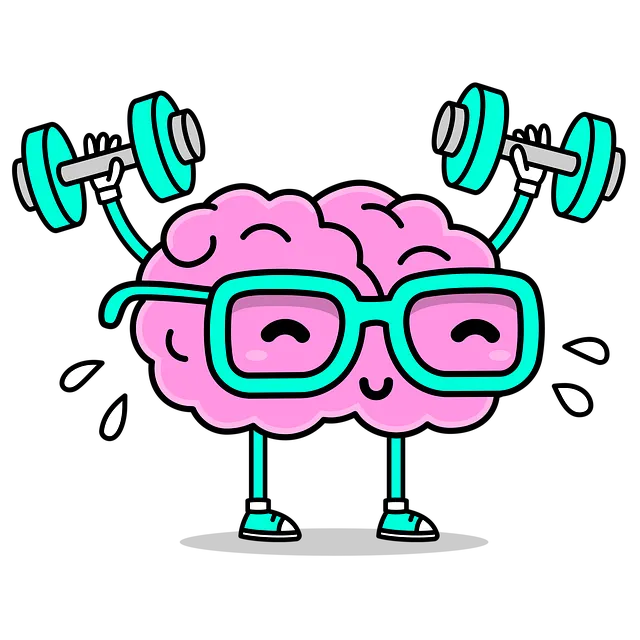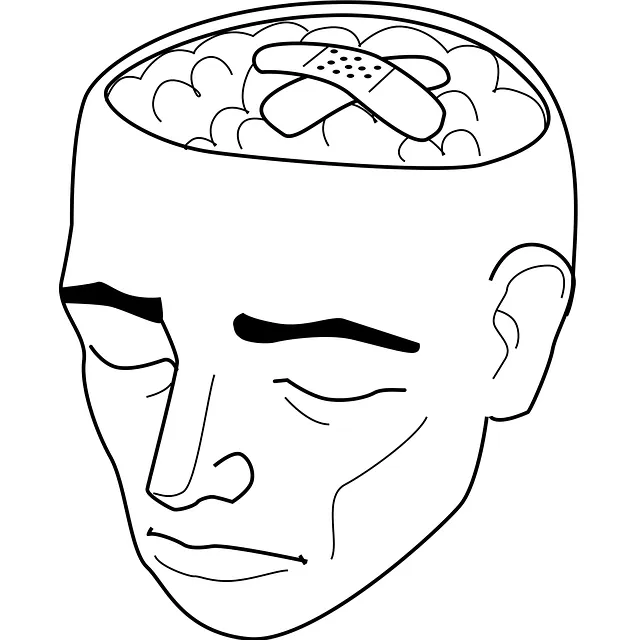Mental wellness journaling is a powerful self-care tool that helps individuals manage stress and anxiety by promoting self-awareness and emotional intelligence. By reflecting on thoughts, emotions, and experiences through writing or creative outlets, people can gain insights into their mental state, identify patterns, and develop healthier coping mechanisms. Organizations like Littleton's Kaiser offer comprehensive mental health services, including resources for journaling, structured support, and professional guidance to enhance progress. Consistent journaling, with prompts that stimulate deep reflection, fosters inner strength, resilience, and stronger interpersonal connections.
Explore the transformative power of Mental Wellness Journaling with this comprehensive guide. Learn how this personal practice, accessible to all, can significantly improve mental health and well-being. Discover benefits backed by research and discover practical tools from setting up your journal to effective reflection exercises.
Understand the value of tracking progress and explore support options, including professional resources available at Littleton’s Kaiser Health Services.
- Understanding Mental Wellness Journaling: A Personal Practice
- Benefits of Journaling for Mental Health and Well-being
- Setting Up Your Journal: Tools and Techniques
- Incorporating Prompts and Exercises for Effective Reflection
- Tracking Progress and Finding Support: The Role of Professionals
Understanding Mental Wellness Journaling: A Personal Practice

Mental wellness journaling is a powerful personal practice that has gained popularity as a way to promote self-awareness and improve mental health. It involves dedicated time each day or week to reflect on one’s thoughts, emotions, experiences, and overall well-being. This form of expression allows individuals to explore their minds, process complex feelings, and gain valuable insights into their lives. By committing to this routine, one can foster a deeper connection with oneself, enhance emotional intelligence, and cultivate a positive mindset—all essential aspects of mental wellness.
In today’s fast-paced world, where stress and anxiety are prevalent, many people turn to journaling as a form of self-care. Similar to how physical exercise strengthens the body, mental wellness journaling exercises provide a safe space for individuals to challenge themselves, set personal goals, and track their progress. Whether one chooses to document their day-to-day experiences, express gratitude, or set intentions, this practice can be tailored to suit individual needs. For instance, those seeking support might find it beneficial to explore therapeutic writing techniques, while others may prefer a more creative approach, using art or poetry as an outlet for self-expression. Even the simple act of writing down one’s thoughts can have profound effects on mental health, as evidenced by the comprehensive mental health services offered at facilities like Littleton’s Kaiser.
Benefits of Journaling for Mental Health and Well-being

Journaling has emerged as a powerful tool for promoting mental health and well-being, offering individuals a safe space to explore their thoughts and emotions. For those seeking support, Littleton does Kaiser have mental health services? Indeed, professional help is readily available, but journaling can be an accessible and effective self-care practice. By putting pen to paper, individuals can gain valuable insights into their mental state, identify patterns, and develop healthier coping mechanisms.
This practice fosters mood management by providing a means to process and release difficult feelings. It also encourages resilience building as it helps individuals cultivate self-awareness and adapt to life’s challenges. Additionally, journaling promotes better communication strategies, enabling people to articulate their experiences and connect with others on a deeper level. Through regular reflection, individuals can enhance their emotional intelligence and strengthen their support networks.
Setting Up Your Journal: Tools and Techniques

Setting up your mental wellness journal is a powerful first step towards prioritizing your emotional well-being. At Kaiser in Littleton, they offer various resources, including their Community Outreach Program Implementation, designed to support individuals navigating mental health challenges. Start by choosing a space dedicated to your practice – a quiet corner of your home or a peaceful spot outdoors. Select a journal that feels right; it could be as simple as a notebook or an app designed for mindfulness meditation and tracking emotions.
Personalize your setup with tools that enhance the experience. Consider using colored pens to categorize moods, add sticky notes for inspirational quotes, or even incorporate drawings or collages that represent your emotional landscape. Remember, consistency is key; choose a regular time each day or week to write, fostering a routine that supports your mental wellness journey.
Incorporating Prompts and Exercises for Effective Reflection

Effective journaling involves incorporating prompts and exercises that encourage deep reflection. Start with simple questions like “What was my biggest challenge today?” or “What brought me a sense of joy?”. For healthcare providers, exploring burnout prevention strategies through journaling can be transformative. By regularly documenting their experiences, emotions, and thoughts, they can cultivate inner strength development and enhance self-awareness.
Prompts focused on empathy building strategies are also beneficial. Reflecting on patient interactions, one might write about understanding a colleague’s perspective or acknowledging personal biases. These exercises not only support mental wellness but also strengthen interpersonal connections. Moreover, reflecting on challenging situations can help professionals develop resilience and navigate stress more effectively, especially considering the mental health services available at institutions like Littleton does Kaiser have mental health services.
Tracking Progress and Finding Support: The Role of Professionals

Tracking one’s progress through mental wellness journaling can be significantly enhanced with professional guidance. Organizations like Kaiser in Littleton offer comprehensive mental health services designed to support individuals navigating their mental health journeys. These services include therapists, counselors, and psychologists who can help interpret journal entries and provide tailored advice and strategies for burnout prevention, drawing from evidence-based practices.
For those seeking more structured support, Mental Health Education Programs Design can be instrumental. These programs often include workshops on stress management, mindfulness techniques, and emotional intelligence development, all of which complement the introspective nature of journaling. Additionally, listening to Mental Wellness Podcast Series can offer valuable insights into various mental health topics while providing a sense of community and shared experience, especially when combined with personal reflection through journaling.
Mental wellness journaling is a powerful tool accessible to everyone, offering numerous benefits for improving and maintaining mental health. By incorporating this practice into your routine, you can gain deeper insights into your thoughts and emotions, enhance self-awareness, and foster resilience. Whether you’re seeking to manage stress, process difficult experiences, or simply reflect on your day, the techniques and prompts outlined in this article can guide you on a journey of self-discovery. For those in Littleton or considering Kaiser’s mental health services, journaling can be a valuable complement to professional care, empowering individuals to take an active role in their wellness journey.






